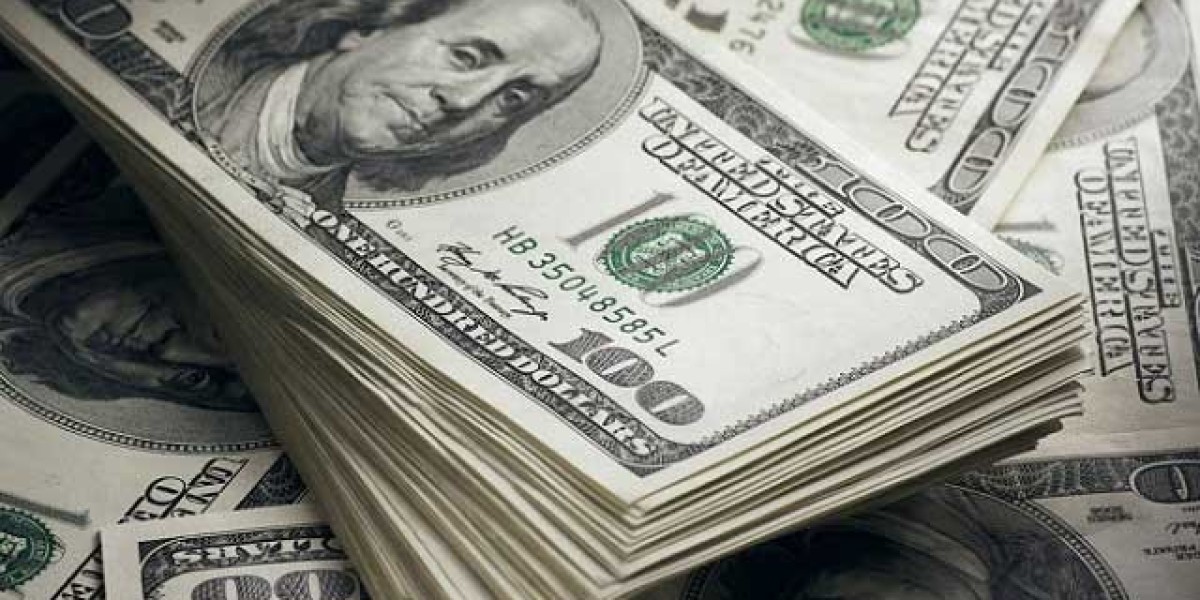In an increasingly globalized world, currency exchange plays a crucial role in facilitating international trade, travel, and commerce. For individuals and businesses, finding a reliable service for currency conversion is essential. This is where Authorized Money Changers (AMCs) step in. In this article, we will explore what AMCs are, how they work, and their role in the financial ecosystem.
What Are Authorized Money Changers (AMCs)?
Authorized Money Changers, commonly referred to as AMCs, are entities licensed by regulatory authorities to buy and sell foreign currencies. These organizations ensure that currency exchange services are conducted in compliance with local and international laws, offering security and transparency to customers.
Unlike unauthorized or restricted money changers, AMCs operate under stringent guidelines and are regularly monitored by financial regulators. This guarantees that their operations are legal, ethical, and free from fraudulent activities.
Types of Authorized Money Changers
Full-Fledged Money Changers (FFMCs): These are entities authorized to deal in foreign currency notes, coins, and traveler’s checks. They cater to both individuals and businesses requiring larger volumes of currency exchange.
Restricted Money Changers: These are licensed entities with limited permissions to conduct currency exchange. They usually operate on a smaller scale, serving local communities or niche markets.
How Do Authorized Money Changers (AMCs) Work?
Licensing and Regulation
AMCs must obtain a license from the relevant financial regulatory authority in their country, such as the Reserve Bank of India (RBI) or the Financial Conduct Authority (FCA) in the UK. The licensing process ensures that only credible and financially sound entities are allowed to operate.
Currency Exchange Process
Verification of Identity: Customers are required to provide valid identification, such as a passport or government-issued ID, to ensure compliance with anti-money laundering (AML) and know-your-customer (KYC) regulations.
Exchange Rate Transparency: AMCs display the current exchange rates clearly, allowing customers to make informed decisions. These rates are often competitive, reflecting real-time market trends.
Transaction Execution: Once the customer agrees to the exchange rate, the transaction is executed. Customers receive the equivalent amount in their desired currency, minus any service charges.
Reporting and Compliance
AMCs are obligated to maintain detailed records of all transactions and report any suspicious activities to the authorities. This ensures accountability and helps in combating financial crimes like money laundering.
Benefits of Using Authorized Money Changers
Reliability: AMCs are regulated entities, providing a trustworthy alternative to unlicensed operators.
Competitive Rates: Customers often receive better exchange rates compared to banks or unauthorized dealers.
Legal Compliance: Transactions conducted through AMCs are lawful and documented, offering peace of mind to customers.
Wide Availability: Many AMCs have multiple outlets or online platforms, making it convenient for users to access their services.
Conclusion
Authorized Money Changers (AMCs) play a vital role in the financial ecosystem by offering secure and efficient currency exchange services. By adhering to regulatory standards and providing transparency in their operations, they distinguish themselves from unauthorized or restricted money changer. Whether you are a traveler, a business owner, or someone looking to exchange foreign currency, choosing an AMC ensures a safe and hassle-free experience.









